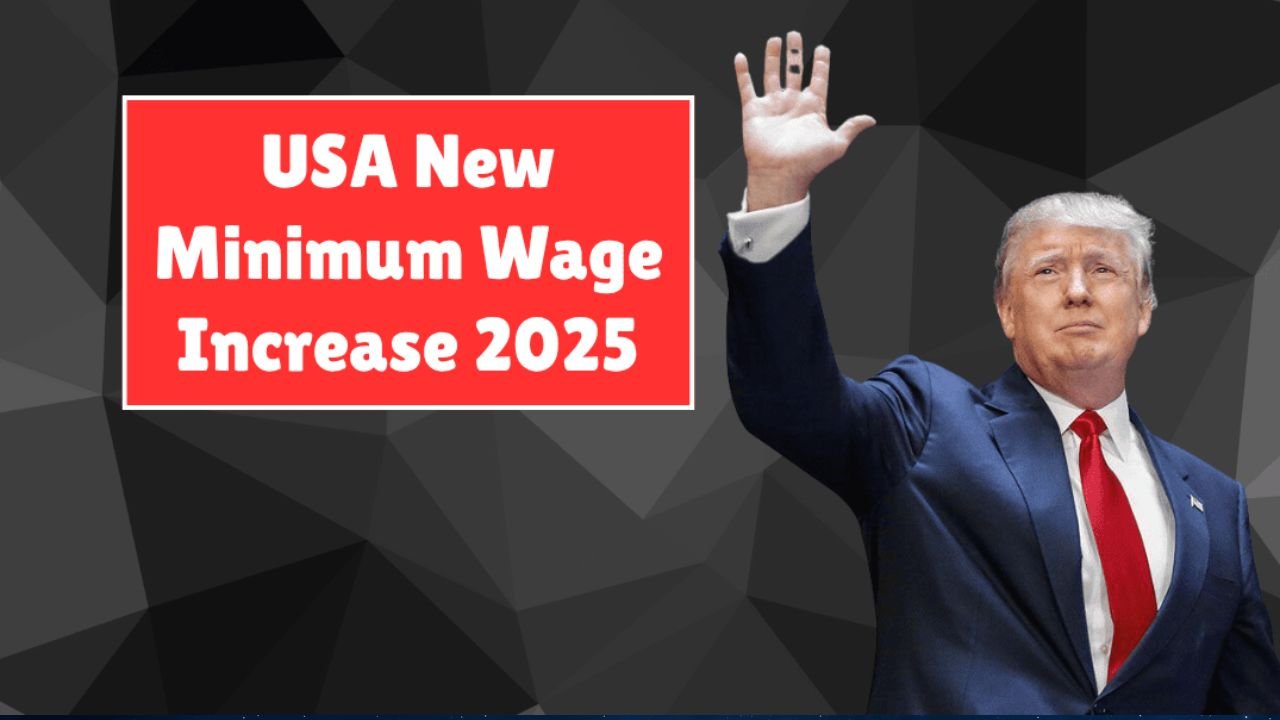ILLINOIS — A controversial tax provision in Illinois’ newly passed budget would impose a retroactive tax on foreign corporate profits starting in tax year 2025, a move expected to impact multinational businesses and potentially violate federal commerce protections.
The proposal would include 50 percent of Global Intangible Low-Taxed Income (GILTI) in Illinois’ corporate tax base — making Illinois one of the few states to aggressively tax offshore earnings. Business groups say this change could harm Illinois’ economic competitiveness, push employers out of state, and invite constitutional challenges.
What Is GILTI and Why It Matters for Illinois Businesses
GILTI is a federal tax category created by the 2017 Tax Cuts and Jobs Act (TCJA) to curb profit-shifting by taxing foreign income from intangibles like trademarks and patents. While federally taxed at a reduced rate with credits for foreign taxes paid, Illinois offers no such offsets.
As the Tax Foundation explains, Illinois’ GILTI tax would hit companies harder than federal law intended, applying full state tax rates to offshore income that was never meant to be taxed by individual states.
Legal and Economic Red Flags Raised
Critics say taxing GILTI at the state level:
-
Violates the “water’s edge” principle (state tax should apply only to domestic income)
-
May breach the U.S. Constitution’s Dormant Commerce Clause, which protects interstate and international trade
-
Could damage Illinois’ reputation with major employers, many of whom operate internationally
The Tax Foundation notes that this tax would lower Illinois’ already weak national tax competitiveness ranking from 37th to 39th.
“Taxing GILTI yields a far more aggressive international tax regime than the federal government,” the report warns.
Governor Pritzker Faces Key Veto Decision
Governor J.B. Pritzker has publicly stated he would veto broad-based corporate tax increases, yet the GILTI proposal directly contradicts that pledge. Now that the budget has passed both chambers, Pritzker can:
-
Sign the budget in full
-
Use line-item veto power to strip GILTI from the bill
-
Or reject the entire package
With the fiscal year deadline approaching, businesses are watching closely to see whether the governor intervenes.
Additional Business Tax Shift: Finnigan Rule Expansion
The budget also proposes replacing the Joyce rule with the Finnigan rule for combined reporting — meaning if any part of a corporation’s group has nexus in Illinois, all sales into Illinois could be taxed, even if the selling entity doesn’t operate here.
This change could sweep more out-of-state corporations into Illinois’ tax net and decrease benefits of the throwback rule, adding complexity for tax compliance teams.
Corporate Backlash Growing
Combined, the retroactive GILTI tax and the unitary rule shift amount to a major base expansion for Illinois corporate taxes. While lawmakers argue it’s needed revenue, opponents say it’s a risky strategy that punishes companies for prior-year decisions and could spark long-term economic consequences.
“Tax hikes like these don’t just hit corporations — they ripple down to consumers, workers, and investors,” the Tax Foundation concluded.
Should Illinois reverse course on the GILTI tax before businesses start leaving?
Tell us what you think now at ChicagoSuburbanFamily.com and join the debate on corporate tax fairness.














